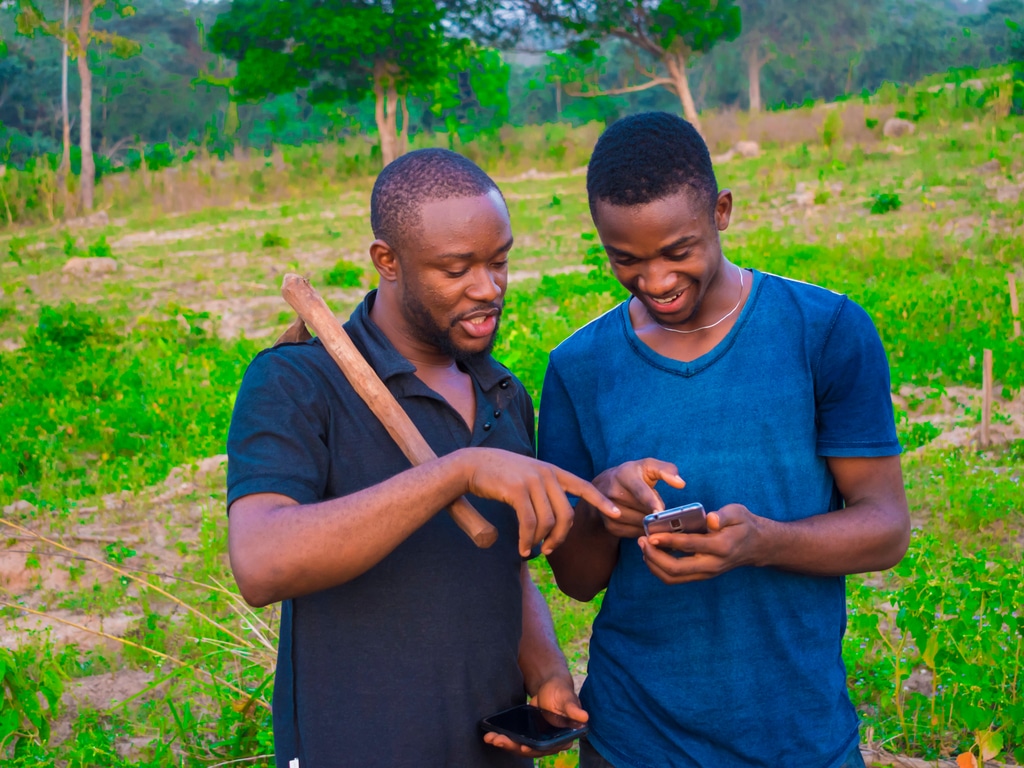In response to the unstable weather conditions that threaten food security on the African continent, the American IT giant Microsoft and the Alliance for a Green Revolution in Africa (AGRA) have signed a partnership to support the digital transformation of agriculture. Within this framework, Microsoft’s digital platforms such as Microsoft Community Training (MCT) will help train young people in entrepreneurship in agribusiness, smart agriculture, carbon sequestration and water conservation.
“Digital innovation is essential to advance food security and poverty eradication in Africa. This partnership will directly support governments, small and medium enterprises (SMEs) and farmers, providing the digital tools needed to build resilient food systems,” says Agnes Kalibata, AGRA’s president.
AGRA and Microsoft aim to optimise agricultural yields through the use of their joint solution “AgriBot” launched in 2019 for farmers in remote areas. Eventually, the two partners intend to collaborate with other companies such as the Swiss food multinational Nestlé, the German pharmaceutical and agrochemical company Bayer and the Singaporean food trading firm Olam International.
Strengthening food security as part of MDG 2
For Jean-Philippe Courtois, Microsoft’s Executive Vice President and President of International Sales, Marketing and Operations, the partnership with AGRA will effectively contribute to the implementation of the United Nations’ Sustainable Development Goal 2 (SDG 2) on eliminating hunger through the promotion of sustainable agriculture. In this context, Microsoft, through the Bill & Melinda Gates Foundation, and the Qatar Fund for Development (QFFD) awarded a $200 million grant in March 2022 for farmer adaptation to climate change in Africa.
Read also-AFRICA: $200m for farmers’ adaptation to climate change
Earlier in 2021, Microsoft’s 4Afrika initiative in partnership with AGRA created technology solutions that will improve food security for 30 million households. The initiative benefits 11 countries, including Nigeria, Ghana, Rwanda, Tanzania, Uganda and Malawi.
Benoit-Ivan Wansi
